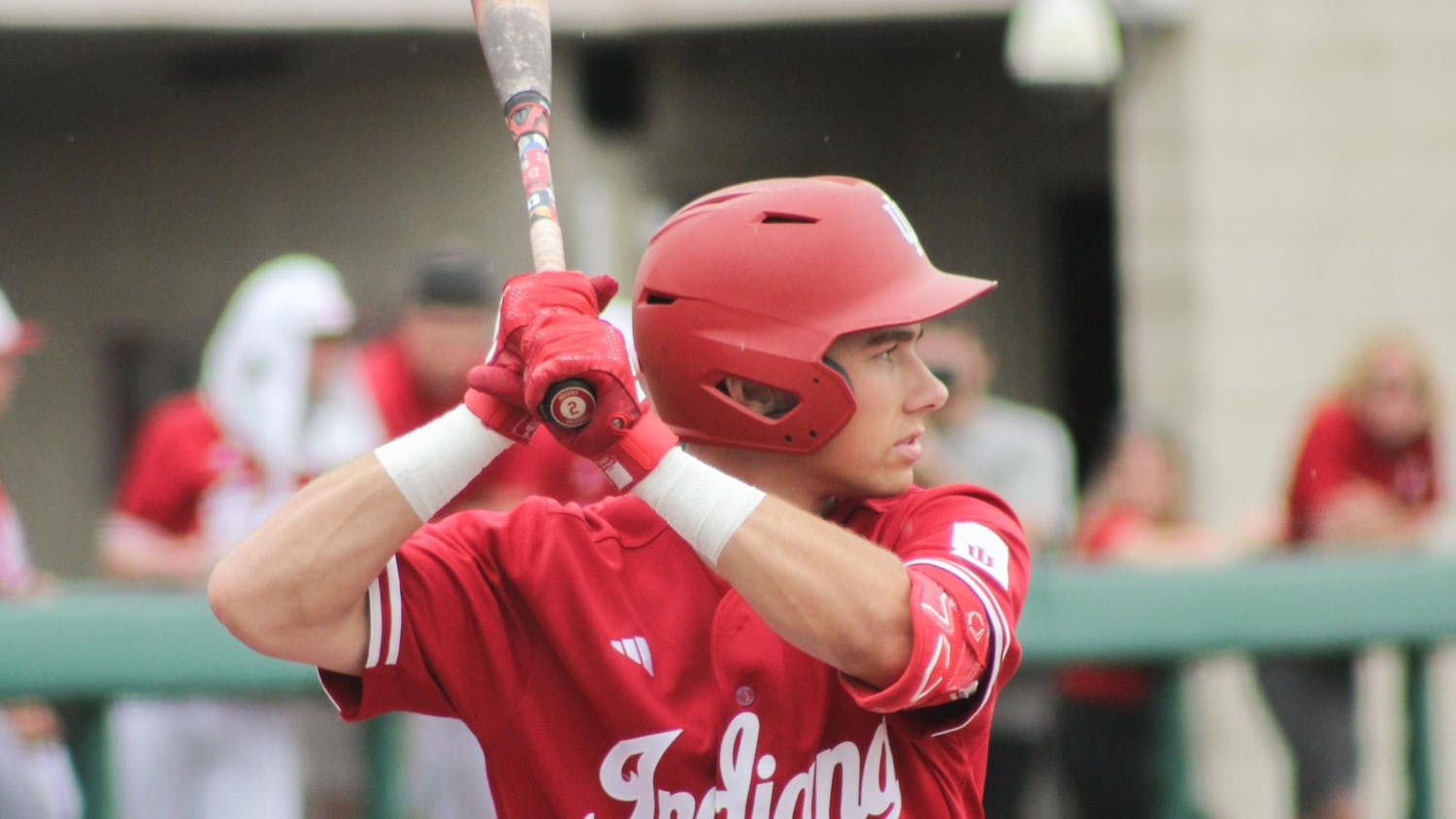In September of this year, Boston University's Chancellor John Silber created an uproar on campus: He ordered the prestigious East coast school to drop their support group for homosexuals. \nSilber's reason wasn't discrimination; he thought it was inappropriate to get involved with the University students' sexual orientations. Even though his reason for canceling the group doesn't seem hostile, it might send the wrong message to BU students. It suggests homosexuals don't deserve a support group, or a place they can go to meet others like themselves. \nIU, however, has filled the need for support groups on campus. There are over 15 support groups for homosexual, bisexual and transgender students. Heterosexual students aren't restricted from some of the groups like ALLY, which encourages students from all sexual orientations to support each other and have fun.\nThere are even support groups specific to schools within the University, such as the Gay-Straight Business Alliance in the Kelley School of Business.\nThe mission of these groups is to educate people about issues as well as socialize and get to know people for who they are.
OUT and about\nSenior Nathan Scheller joined OUT, a support group for homosexual students, to meet people, make friends and "support myself through other people." \nScheller said he suffered through two and a half years of depression while dealing with his homosexuality in high school. \n"I was starting to feel differently," Scheller said. "Sex with a girl was always the correct thing, and I didn't understand why I had feelings toward guys."\nHe tried to justify his feelings with excuses, but he said he realized he was homosexual when he watched a Ricki Lake show with the topic, "How to Tell if You're Gay." Even though the show's intent was to entertain, the show struck a chord with Scheller.\n"I said, 'That is me. I can't deny this anymore. That is me,'" Scheller said.\nScheller was relieved he had his family's support but also afraid because his high school wasn't diverse. There were no openly homosexual students, and no one had to deal with anything different. IU's acceptance of different people, however, blew him away.\n"(At IU) you can't avoid any diversity issue," Scheller said. "If you try to avoid it, you're the one being strange."\nJason Jones, a masters student, didn't join OUT until his sophomore year in college, after he had come out to his family and close friends.\n"I needed that first year to develop and explore myself," Jones said. He said he did miss out by not joining his freshman year, but when he joined out he said he experienced "a lot less self-suppression and more self-exploration."
Open Forum\nThe meetings try to touch on different issues in the gay, lesbian, bisexual and transgender (GLBT) community. \nAlthough some topics may only pertain to those in the GLBT community, like bisexuality or coming out, some issues apply to heterosexuals, like practicing safe sex. \nHeterosexuals can't join OUT because it's primarily an organization for homosexuals, but OUT encourages its members to bring heterosexuals to its meetings. Anyone who attends can leave with knowledge about a topic they may not have known much about before.\nOUT has a lot of events with the organization ALLY, whose members are both homosexual and heterosexual. Such events like Lesbopollooza, which celebrates women's music at the Collins Living Learning Center, creates opportunities for members of OUT to get to know members of ALLY.\nBy "overlapping" their members at events, it helps everyone get to know each other, including those who are heterosexual. ALLY's mission is to show that one doesn't have to be gay to care about GLBT issues.\n"(Heterosexuals') presence is very reassuring," former president of ALLY Andrew Wilson said. "That helps to promote a safe atmosphere."
Forming an Alliance\nALLY is not as big as other support groups; it has 60 members compared to OUT's 500 to 700 members. However, it helps bridge the gap between homosexuals and heterosexuals, and create a sense of community between the two. \nThere are smaller support groups on campus which are within a particular school on campus, such as the Gay-Straight Business Alliance. It consists of 10 members, six of which are heterosexual.\n"We have problems getting people to join," said Neil Fedor, the president of the Gay-Straight Business Alliance. "People are too busy worrying about getting jobs and networking. They have other priorities."\nThe group supports the understanding of diversity in the business world and discusses GLBT issues, like coming out in the workplace.\nSometimes they hold their meetings in Bullwinkle's, a gay bar in Bloomngton, and heterosexual members get the chance to mingle and sing karaoke with other people, who are mainly homosexual.\n"We represent a place at the table of diversity," Fedor said, in reference that gay support groups are needed as much as African-American and Hispanic groups. "We're there to fulfill a need."\nIU's diverse student population leaves little room for insensitivity towards different kinds of people. There haven't been many reports of acts of hate towards any of the GLBT groups.\n"We're aware (discrimination) can happen," Fedor said. "If we overhear comments, we try to react and correct that." \nHe added that bigotry isn't really an issue on campus. GLBT organizations aim to make their members comfortable here.\n"In college…we can start new. We're able to express parts of our personality we had to suppress before," Jones said. "We can do a lot more and not be under the scrutiny of our peers like in high school."\nThey said they shouldn't have to feel any sort of self-suppression, nor an obligation to come out to everyone they meet.\n"I decided not to lie about it, but I don't go around saying (I'm gay)," Scheller said. "I'm not going to offer that information."\nFedor agreed, saying "People aren't going to walk around with rainbows. We don't want special treatment."\nThey said they just want to feel safe and supported in the campus environment. Doesn't everyone?





